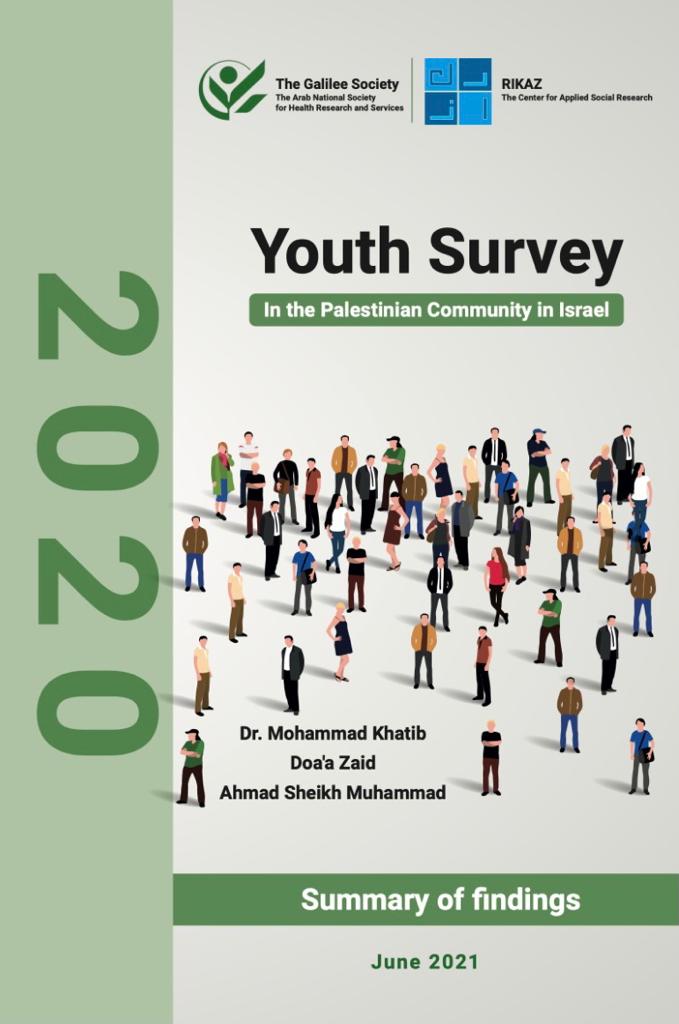
The Health and Environment Survey complements previous surveys conducted by Rikaz, and was initiated in response to our research on the socio-economic situation in the Palestinian community highlighting a deterioration in certain health standards among Arab citizens and large gaps in the levels of health and environmental services between central Israel and the peripheries. The findings of this study will allow Rikaz to promote protection, early intervention and treatment for issues related to health and environment.
The survey took place in 2015 on a large representative sample (2200 families) of the entire Arab community in Israel taking into consideration the variability of its sectors and locales. Questions included related to health and environmental conditions and the respondent’s opinions regarding their health status, their behaviors and the services they receive. The survey also addresses the extent to which services are being used and the public’s satisfaction, in addition to the level of health and environmental public awareness and knowledge of rights and duties in this area.
The findings point to a doubling in the rate of patients with chronic diseases within the last decade and high levels of obesity. They also point to indifference and negligence in health-related habits and practices among certain groups and individuals.
The health situation reflects the dire socio-economic situation in the Arab society in Israel. Most Arab cities and villages occupy the lowest levels of the socio-economic scale, ranging between the first and third level (out of 10). More than 50% of families live under the poverty line. This provides an explicit indicator of the lack of serious governmental policies aimed towards achieving social welfare, and avoiding health and environmental risks.
Other worrisome phenomenon the survey explored include waste incineration that causes health and environmental damage, poor wastewater and storm water services, the high incidence of environmental pollution and hazards, and the absence of walking tracks, public gardens and playgrounds and sports facilities in Arab localities.
The Ministry of Health should be held responsible for these results. It is failing to develop practical, holistic programs to improve the quality of health services among Arab citizens or integrate Arab professionals in the development of such programs. Health related societal initiatives are also under-funded and not well adapted to the Arab society and therefore currently have minimal impact.
It is worth noting however that the Palestinian society in Israel, including individuals, groups, local and national leadership and professionals should also be self-critical as these important aspects of life, health and environment, are also being neglected by us. Arab local authorities do not pay adequate attention to citizen’s health or the local environment, due to a number of factors.
We understand that we cannot remain passive and idle, hiding behind the excuses of government budgetary discrimination and awaiting government solutions. We are required to take responsibility and action and recruit health professionals and experts to develop a holistic strategic plan to remedy this dangerous situation.
The published report of the Health and Environment Survey 2015 presents the results of this specialized survey in Israel’s Palestinian community, providing a comprehensive and unique database for different professionals and researches. This rich source of information can be analyzed in order to draw scientific conclusions and provide a foundation for long-term strategic planning in the areas of health and the environment.
We extend an invitation to all those interested in health and environmental issues, whether researches, students, academics, politicians or others to participate in analyzing this data and considering the implications of these studies


